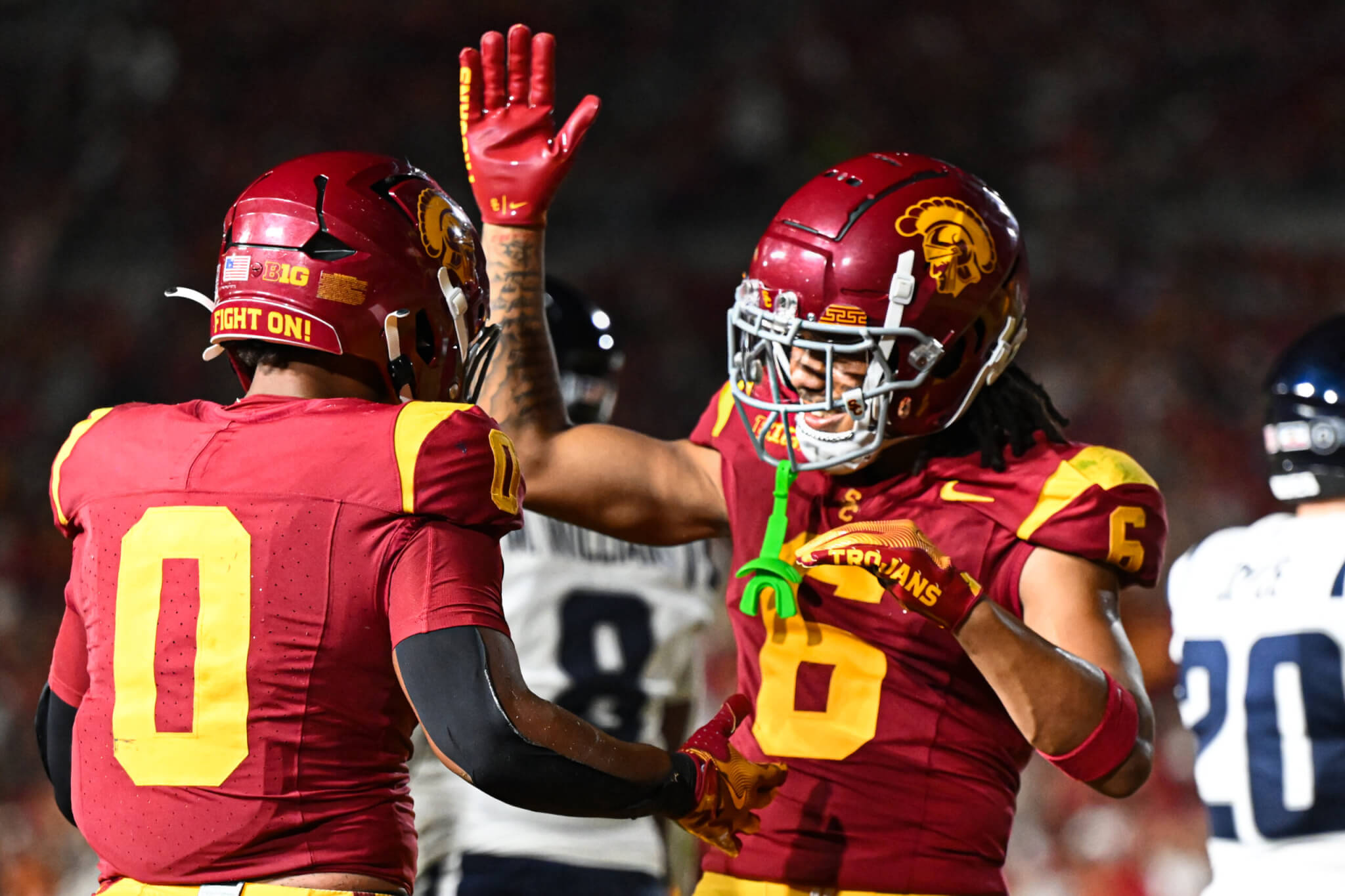The Intersection of Hip-Hop and Politics: A Historical Perspective
Hip-hop, a genre that has long been a voice for the marginalized and a platform for social commentary, is now being eyed by political operatives as a tool for voter outreach. As the 2024 election cycle heats up, figures like Donald Trump are leveraging the cultural capital of hip-hop artists to connect with Black voters in swing states. Artists such as Fivio Foreign, Kodak Black, and Sexyy Red have publicly endorsed Trump, with some tracks even featuring snippets of his speeches. This strategic engagement raises questions about the authenticity of these endorsements and the broader implications for the hip-hop community.
A Historical Precedent: TRQ and the GOP
This isn’t the first time the Republican Party has sought to co-opt hip-hop for its agenda. In 1992, Steve Gooden, known as TRQ (The Real Question), became a notable figure when he performed his song “We Are Americans” at the Republican National Convention. Gooden’s rise to prominence came at a time when hip-hop was still finding its voice, and the GOP was eager to counteract the anti-police sentiments expressed in tracks like Ice-T’s “Cop Killer.” Gooden recalls being approached by GOP operatives who were desperate for a pro-police narrative in a genre that was largely perceived as left-leaning.
The GOP’s Misunderstanding of Hip-Hop Culture
Gooden reflects on the GOP’s lack of understanding of hip-hop culture during that era. “The GOP simply saw me as an opportunity to combat the left-wing anti-cop establishment in hip-hop music,” he explains. The party’s attempts to engage with hip-hop were clumsy at best, as they failed to grasp the complexities of the genre and the social issues it addressed. Gooden’s performance on conservative media personality Wally George’s show serves as a surreal example of this disconnect. Clad in an American flag bandana, he rapped to a predominantly white audience, who seemed more interested in the spectacle than the message.
The Duality of Message and Medium
In a 1992 LA Times report, Gooden stated, “I let [the Republican party] know how I wanted to be helpful to our President of our United States.” However, he later clarified that his song wasn’t intended as a pro-Republican anthem. Instead, he viewed the GOP as a platform to amplify his own message. “I’ll stand on your shoulders if you’ll let me so I can shout my message,” he asserts. This duality—using the GOP while being used by them—highlights the complexities of political engagement in hip-hop.
A Shift in Perspective
Fast forward to today, and Gooden expresses a disillusionment with both major political parties. “Trump, Biden, what difference does it make?” he questions, suggesting that neither party addresses the root causes of societal issues. His sentiments echo a growing frustration among many Black voters who feel taken for granted by the Democratic Party. Gooden’s critique of the political landscape resonates with the views of contemporary artists like Kanye West and Ice Cube, who have also expressed dissatisfaction with the status quo.
The Monolith of Black Voting Patterns
Gooden argues that Black voters are often viewed as a monolithic group, which leads to complacency among politicians. “The Democrats take us for granted because they always can count on it,” he states. This observation raises important questions about the nature of political loyalty and the need for diverse representation within the Black community. Gooden challenges the notion that 90% of Black voters should align with a single party, advocating for a more nuanced approach to political engagement.
The Evolution of Hip-Hop and Political Engagement
Gooden’s critiques extend to the evolution of hip-hop itself. He believes that the genre has been “hijacked” by mainstream interests, losing its original voice and purpose. “Hip-hop used to speak to [the people] boldly, unabashedly, unashamedly and rather crudely,” he laments. The commercialization of hip-hop has led to a focus on individual success rather than collective empowerment, a shift that Gooden finds troubling.
The Current Landscape: Rappers and Right-Wing Politics
As the political landscape continues to evolve, the presence of MAGA-affiliated rappers is becoming more pronounced. The recent endorsements from artists like Nicky Jam and Anuell AA further illustrate the trend of hip-hop artists aligning with right-wing politics. This shift raises questions about the motivations behind these endorsements and the potential impact on the genre’s cultural significance.
Navigating Identity and Belonging
The intersection of hip-hop and politics is complex, rooted in a historical struggle for identity and belonging. Many artists, like Gooden, find themselves navigating a landscape filled with unsavory alliances in their quest for understanding. The desire to make sense of their place in America often leads to unexpected political affiliations, reflecting a broader search for home and community.
Conclusion: A Cultural Crossroads
As hip-hop continues to grapple with its role in the political arena, the genre remains a powerful vehicle for expression and change. The ongoing dialogue between artists and political operatives highlights the intricate relationship between culture and politics, revealing the challenges and opportunities that lie ahead. The future of hip-hop’s political engagement will undoubtedly shape the genre’s trajectory and its impact on society at large.


